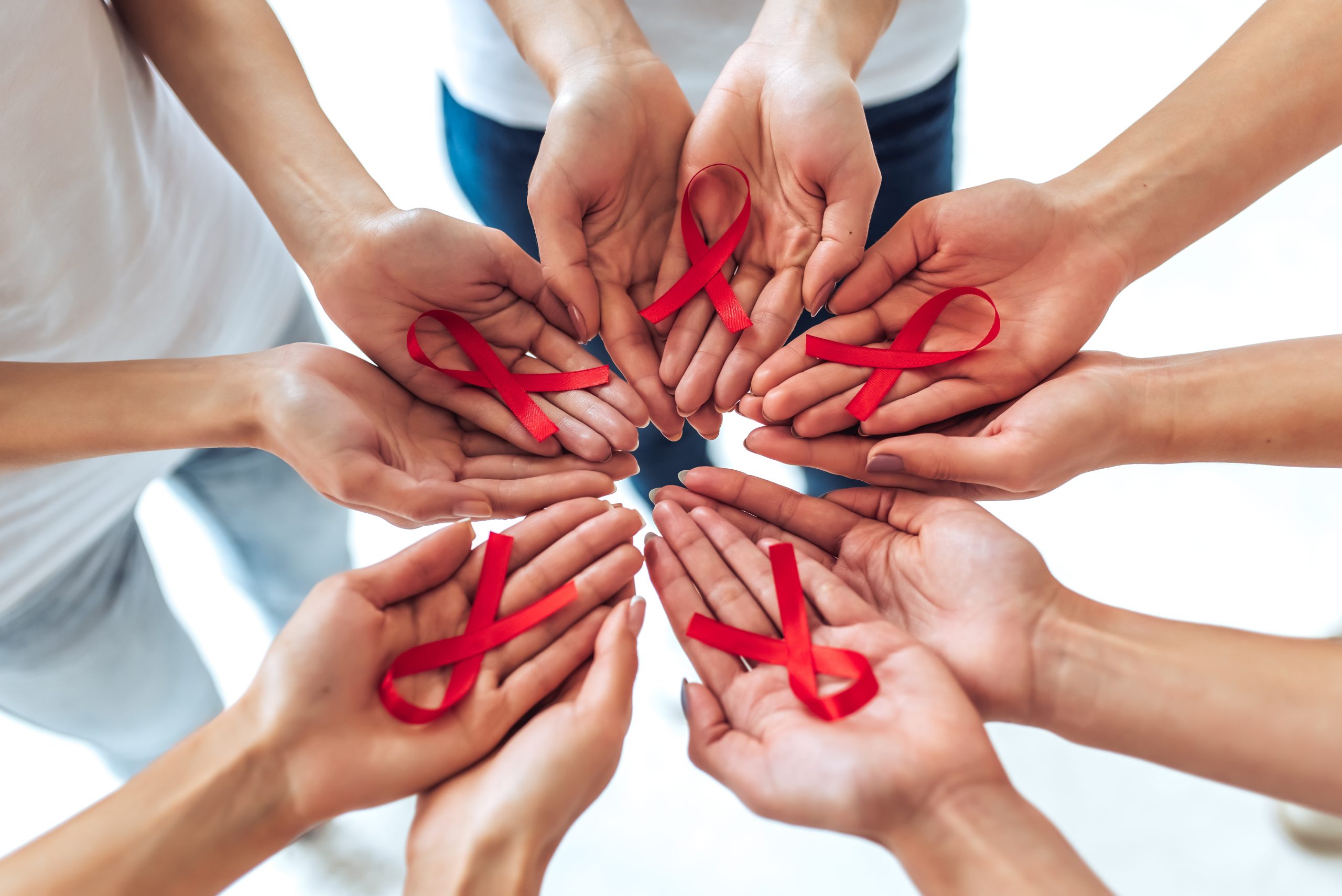The time between when a person may have been exposed to HIV and when a test can tell for sure whether they have HIV is called the window period. The window period varies from person to person and depends on the type of test used to detect HIV. If you get an HIV test after a potential HIV exposure and the result is negative, the CDC recommends getting tested again after the window period.
No HIV test can detect HIV immediately after infection. If you think you’ve been exposed to HIV in the last 72 hours, talk to your health care provider about post-exposure prophylaxis (PEP), right away.
A nucleic acid test (NAT) can usually tell you if you have HIV infection 10 to 33 days after exposure. It looks for the actual virus in the blood and involves drawing blood from a vein. The test can either tell if a person has HIV or tell how much virus is present in the blood (known as an HIV viral load test). While a NAT can detect HIV sooner than other types of tests, this test is very expensive and not routinely used for screening individuals unless they recently had a high-risk exposure or a possible exposure and have early symptoms of HIV infection.
An antigen/antibody test performed by a laboratory on blood from a vein can usually detect HIV infection 18 to 45 days after exposure. Antigen/antibody tests done with blood from a finger prick can take longer to detect HIV (18 to 90 days after an exposure). You may have also heard of antigen/antibody tests as “fourth-generation tests.” They look for both HIV antibodies and antigens. Antibodies are produced by your immune system when you’re exposed to viruses like HIV. Antigens are foreign substances that cause your immune system to activate. If you have HIV, an antigen called p24 is produced even before antibodies develop. Antigen/antibody tests are recommended for testing done in labs and are now common in the United States. This lab test involves drawing blood from a vein. There is also a rapid antigen/antibody test available that is done with a finger prick.
Antibody tests can take 23 to 90 days to detect HIV infection after exposure. Most rapid tests and self-tests are antibody tests. You may have heard of antibody tests also being called “third-generation tests.” In general, antibody tests that use blood from a vein can detect HIV sooner after infection than tests done with blood from a finger prick or with oral fluid. They only look for antibodies to HIV in your blood or oral fluid. In general, antibody tests that use blood from a vein can detect HIV sooner after infection than tests done with blood from a finger prick or with oral fluid. Most rapid tests and the only currently approved HIV self-test are antibody tests.
Ask your health care provider about the window period for the test you’re taking. If you’re using a home test, you can get that information from the materials included in the test’s package. If you get an HIV test after a potential HIV exposure and the result is negative, the CDC recommends to tested again after the window period for the test you’re taking to be sure.

